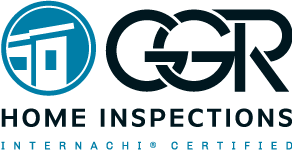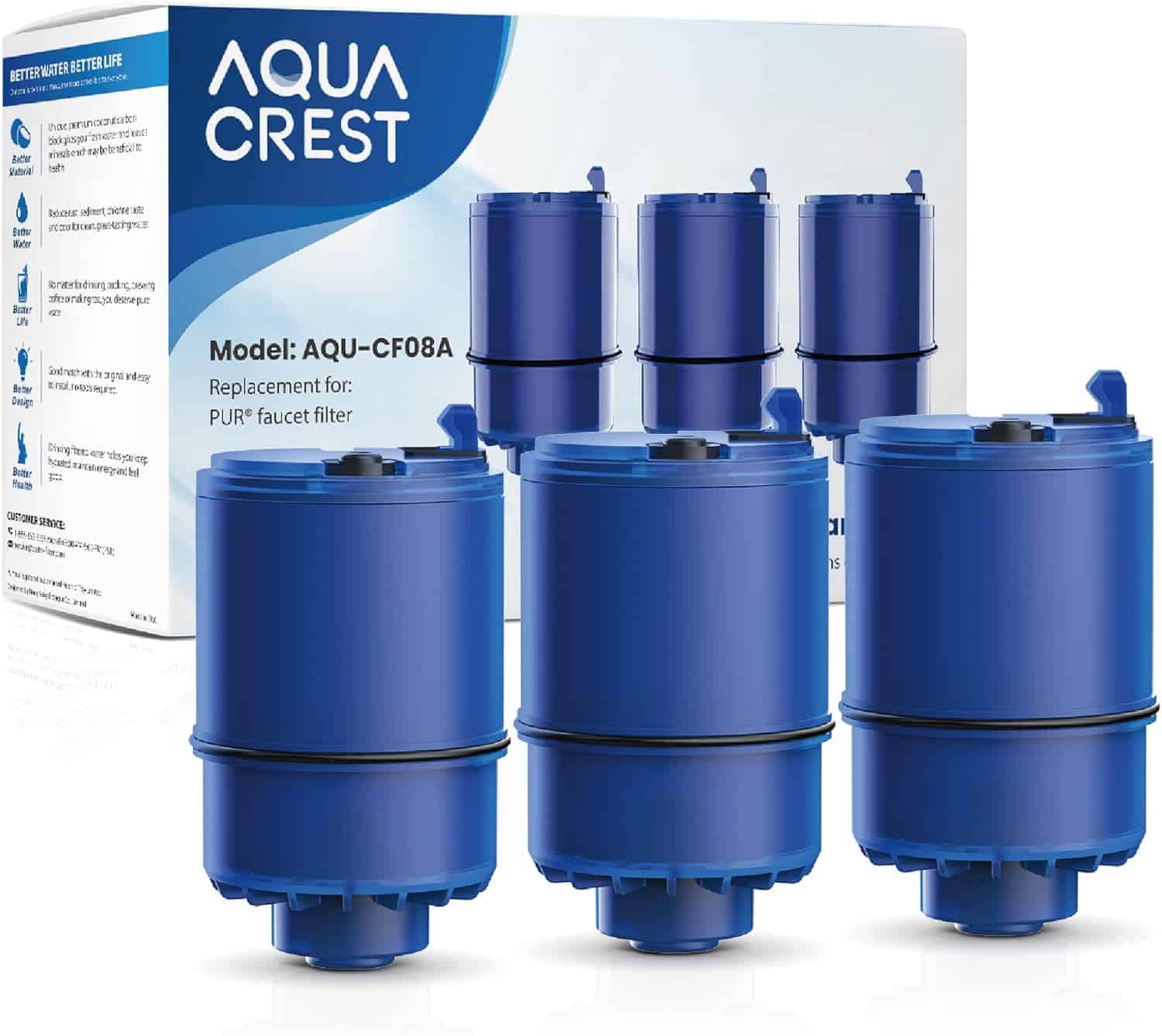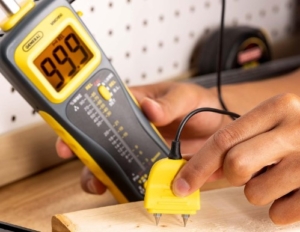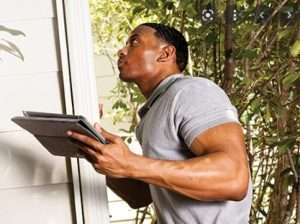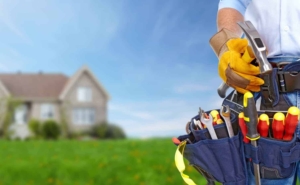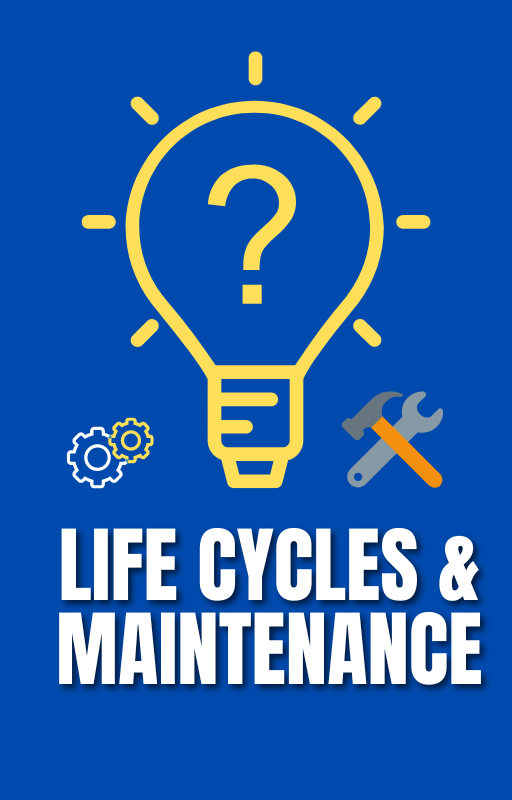Home Inspector Tools: A Guide to Basic
and Advanced Equipment
When it comes to home inspector tools, having the right equipment is essential for a thorough and accurate assessment of a property. Whether you are a professional home inspector or a homeowner looking to conduct a DIY inspection, having the right tools can make all the difference. In this blog post, we will explore some of the most important tools used by home inspectors and discuss their significance in the inspection process. From moisture meters to thermal imaging cameras, these tools enable inspectors to identify potential issues and provide valuable insights into the condition of a home. Let’s dive in and discover the world of home inspector tools.
Importance of Home Inspector Tools
When it comes to conducting a thorough and accurate home inspection, having the right tools is absolutely essential. Home inspector tools not only enable inspectors to identify potential issues, but they also provide the necessary data to inform homeowners and buyers about the condition of a property.
1. Accuracy and Precision
Home inspector tools allow inspectors to gather precise measurements and readings, ensuring accuracy in their evaluations. For instance, a digital moisture meter can detect hidden moisture levels in walls or ceilings, helping to identify potential water damage or mold issues. Without such a tool, the presence of moisture might go unnoticed, leading to costly repairs or health hazards for the occupants.
2. Efficiency and Time Management
With the aid of specialized tools, home inspectors can streamline their processes and complete inspections more efficiently. For example, a thermal imaging camera can quickly identify temperature variations that may indicate insulation gaps, electrical issues, or even pest infestations. By using this tool, inspectors can save valuable time and provide timely reports to clients, facilitating faster decision-making.
3. Comprehensive Evaluation
Home inspector tools enable inspectors to go beyond what is visible to the naked eye. Tools like borescopes and endoscopes allow inspectors to visually examine inaccessible areas like pipes, crawl spaces, or attic cavities. By inspecting these hidden areas, potential problems such as leaks, structural damage, or pest infiltration can be identified and addressed before they worsen.
4. Enhanced Credibility and Trust
Utilizing professional tools during a home inspection enhances the credibility of the inspector and builds trust with clients. When homeowners or buyers see that the inspector is equipped with the latest tools, they perceive the inspection as more thorough and accurate. This can increase their confidence in the inspection findings and strengthen the overall trust in the inspector’s expertise.
5. Compliance with Industry Standards
Using appropriate tools aligns with the industry standards of home inspections. Professional organizations, such as the American Society of Home Inspectors (ASHI) or the International Association of Certified Home Inspectors (InterNACHI), emphasize the importance of employing specialized tools in their guidelines. By adhering to these standards, inspectors demonstrate their commitment to providing high-quality services and ensuring client satisfaction.
Basic Home Inspector Tools
Flashlight
A good-quality flashlight is a fundamental tool for any home inspector. It allows them to properly illuminate dark or hard-to-reach areas, such as crawl spaces, attics, or basements. With a powerful beam, a home inspector can spot defects like leaks, cracks, faulty wiring, or signs of water damage in these areas. A flashlight is a versatile tool that helps ensure thorough inspections by providing clear visibility in areas with inadequate lighting.
Electrical Tester
An electrical tester is an indispensable tool for evaluating the safety and functionality of electrical systems in a home. Inspectors use this tool to identify faulty wiring, detect live electrical currents, test outlets, and identify potential electrical hazards. It helps in identifying issues like improper grounding, reverse polarity, open grounds, or faulty GFCI outlets. An electrical tester is crucial for assessing the overall electrical safety of a property.
Moisture Meter
Detecting moisture problems is of utmost importance for home inspectors, as it can lead to serious structural issues and even mold growth. A moisture meter is a handy device that measures the moisture content in various building materials such as wood, drywall, or concrete. By measuring the moisture levels, inspectors can identify areas that may have hidden leaks, water intrusion, or potential mold growth. This tool enables the inspector to uncover hidden moisture issues and take appropriate remedial measures.
Infrared Camera
An infrared camera, also known as a thermal imaging camera, is a powerful tool that helps home inspectors identify hidden problems related to insulation, air leakage, or even electrical issues. This high-tech tool detects differences in temperature and translates them into visual images. By scanning the walls, ceilings, and other surfaces, an infrared camera can reveal temperature variations that may indicate insulation gaps, air leaks, or even malfunctioning electrical components. This non-invasive tool can save inspectors time and help them uncover hidden issues that may not be visible to the naked eye.
Tape Measure
Accurate measurements are crucial for accurate assessments and documentation during a home inspection. A tape measure is a simple yet essential tool that allows inspectors to measure dimensions, distances, and clearances. Inspectors use it to measure room dimensions, window sizes, inspect door clearances, or measure the depth of cracks or gaps. A tape measure helps inspectors gather precise information and ensures accurate reporting.
In conclusion, these are some of the basic tools that every home inspector should have in their arsenal. From illuminating dark spaces to detecting electrical hazards and measuring dimensions, these tools enable inspectors to conduct thorough inspections, identify potential issues, and provide valuable insights to their clients.
Advanced Home Inspector Tools
When it comes to home inspections, having the right tools is essential for a thorough and accurate assessment. Advanced home inspector tools are designed to provide inspectors with enhanced capabilities to detect potential issues that may not be visible to the naked eye. In this section, we will explore five advanced tools that every home inspector should consider using: Gas Leak Detector, Radon Detector, Thermal Imaging Camera, Carbon Monoxide Detector, and Sewer Scope.
Gas Leak Detector
A gas leak detector is a vital tool for home inspectors, especially when dealing with homes that utilize natural gas or propane for heating or cooking. This tool uses sensors to detect the presence of gas leaks in pipes, connections, or appliances. By identifying even the smallest leaks, inspectors can help ensure the safety of the home’s occupants and prevent potential hazards or accidents.
Radon Detector
Radon is a colorless and odorless gas that can seep into homes through cracks in the foundation, walls, or floors. Prolonged exposure to high levels of radon can increase the risk of lung cancer. To mitigate this risk, home inspectors utilize radon detectors to measure the concentration of radon gas in a home. By accurately assessing radon levels, inspectors can advise homeowners on necessary actions to reduce exposure and create a safer living environment.
Thermal Imaging Camera
A thermal imaging camera is a powerful tool that allows home inspectors to visualize temperature variations within a home. By detecting differences in heat signatures, inspectors can identify potential issues such as insulation gaps, water leaks, or electrical hotspots. This technology enables inspectors to detect hidden problems that may not be apparent during a regular visual inspection. By using a thermal imaging camera, home inspectors can provide clients with a more comprehensive assessment of their property.
Carbon Monoxide Detector
Carbon monoxide (CO) is a poisonous gas that can be produced by faulty combustion appliances such as furnaces, water heaters, or fireplaces. Installing carbon monoxide detectors is crucial for identifying the presence of this odorless gas and preventing carbon monoxide poisoning. Home inspectors utilize carbon monoxide detectors to ensure that the home’s combustion systems are functioning properly and to alert homeowners to potential dangers.
Sewer Scope
Inspecting the sewer lines is an essential part of a comprehensive home inspection. A sewer scope is a tool that allows home inspectors to assess the condition of the sewer pipes and detect any blockages, cracks, or other issues that may impact the property’s plumbing system. By using a specially designed camera, inspectors can visually inspect the sewer lines and provide homeowners with valuable insights into the overall condition and functionality of the plumbing system.
Technology in Home Inspection
Mobile Inspection Apps
Gone are the days of carrying around piles of paperwork and taking copious notes during a home inspection. Mobile inspection apps have revolutionized the way home inspectors gather and document information. These apps allow inspectors to streamline their workflow by replacing pen and paper with digital reports that can be filled out on a smartphone or tablet.
With a mobile inspection app, inspectors can easily take photos, make annotations, record audio notes, and even sketch diagrams directly on their device. This not only makes the inspection process faster but also ensures that all the information is organized in one place, eliminating the risk of misplaced documents. Additionally, these apps often come with pre-built templates and checklists, making it easier for inspectors to follow standardized procedures and deliver consistent reports.
Drones in Home Inspection
Drones, also known as unmanned aerial vehicles (UAVs), have become increasingly popular in various industries, including home inspection. Equipped with high-resolution cameras, drones allow home inspectors to capture aerial images and videos of the property, providing a comprehensive view from every angle.
Using drones in home inspections can be particularly beneficial for inspecting roofs, chimneys, and other hard-to-reach areas. Inspectors can identify potential issues such as roof damage, missing shingles, or blocked gutters without risking safety by climbing on the roof. By utilizing this technology, home inspectors can provide more accurate assessments and detailed reports to their clients.
3D Imaging
Traditionally, home inspectors relied on 2D images and written descriptions to convey their findings. However, with the advent of 3D imaging technology, inspectors can now offer clients a more immersive and interactive experience.
Using specialized cameras or 3D scanners, inspectors can capture detailed three-dimensional representations of the property. This allows homeowners to virtually explore the house, zooming in on specific areas of interest and gaining a better understanding of any potential issues. Furthermore, 3D imaging can help inspectors identify hidden problems, such as structural defects or moisture accumulation, that may not be apparent in regular 2D images.
Conclusion
In conclusion, home inspector tools are vital for ensuring a comprehensive and accurate inspection of a property. These tools not only save time but also provide valuable insights into the condition of a home. From moisture meters to thermal imaging cameras, each tool plays a crucial role in identifying potential issues that may not be visible to the naked eye. By utilizing these tools, home inspectors can provide a more detailed report to their clients, helping them make informed decisions about their investments. So, whether you are a home inspector or a homeowner, it is important to recognize the significance of these tools in the inspection process.
